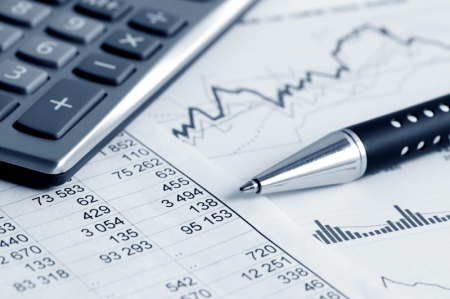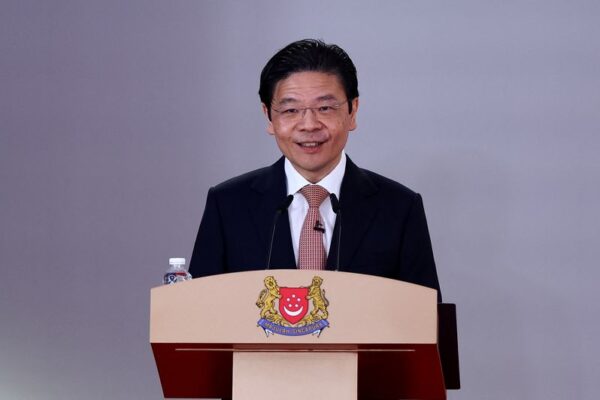Japan’s inflation hits 8-year high in test of BOJ’s dovish policy
By Leika Kihara and Takahiko Wada
TOKYO (Reuters) -Japan’s core consumer inflation rate accelerated to a fresh eight-year high of 3.0% in September, exceeding the central bank’s 2% target for the sixth straight month as the yen’s slump to 32-year lows continue to push up import costs.
The inflation data highlights the dilemma the Bank of Japan faces as it tries to underpin a weak economy by maintaining ultra-low interest rates, which in turn are fuelling an unwelcome slide in the yen that pushes up import costs.
The increase in the nationwide core consumer price index (CPI), which excludes volatile fresh food but includes fuel costs, matched a median market forecast and followed a 2.8% rise in August. It was the fastest pace of gain since September 2014, data showed on Friday.
The broadening price pressures in Japan and the yen’s tumble below the key psychological barrier of 150 to the dollar will likely keep alive market speculation of a tweak to the Bank of Japan’s dovish stance over coming months.
“The current price rises are driven mostly by rising import costs rather than strong demand. Governor Kuroda may maintain policy for the rest of his term until April, though the key is whether the government will tolerate that,” said Takeshi Minami, chief economist at Norinchukin Research Institute.
The data heightens the chance the BOJ will revise up its consumer inflation forecasts in new quarterly forecasts due at next week’s policy meeting, analysts say.
An index stripping away both fresh food and energy costs, which the BOJ closely watches as a key gauge of the underlying strength of inflation, rose 1.8% in September from a year earlier, accelerating from a 1.6% gain in August.
With Japan’s inflation still modest compared with price rises seen in other major economies, the BOJ has pledged to keep interest rates super-low, remaining an outlier in a global wave of monetary policy tightening.












 Bitcoin
Bitcoin  Ethereum
Ethereum  Tether
Tether  XRP
XRP  USDC
USDC  Solana
Solana  TRON
TRON  Figure Heloc
Figure Heloc  Lido Staked Ether
Lido Staked Ether